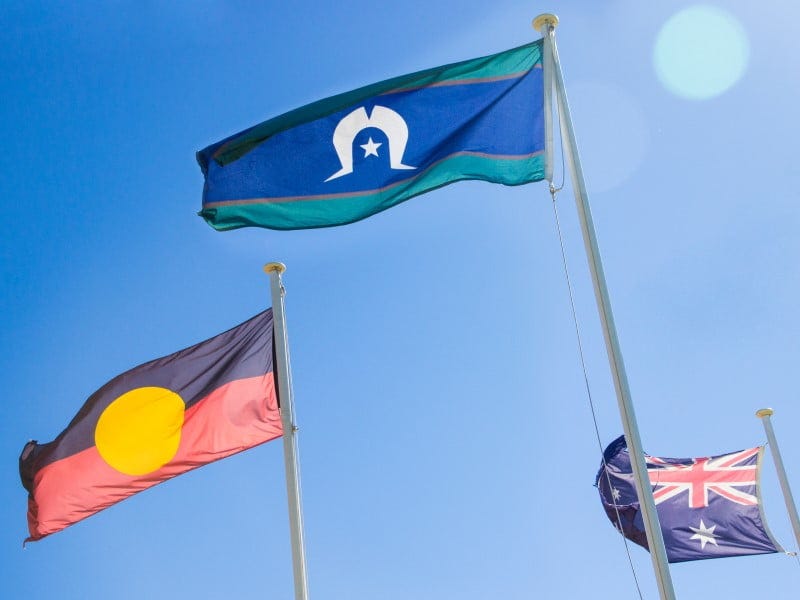Government reviews First Nations healthcare in prison
It comes as a government-appointed group reviewing the PBS has called for better access to Medicare for people in prison.
The federal government will soon be handed a report on the systemic reform needed to improve the healthcare offered to First Nations people in prison after a six month review.
It can be revealed that in November last year the federal Department of Health commissioned an independent review into the provision of healthcare for First Nations people in prison, and its final report is expected to be delivered within months.
A spokesperson for the Department confirmed the review was underway and said it was looking at “barriers to culturally safe healthcare for First Nations people in prison and opportunities for systemic reform”.
“The review is being informed by targeted stakeholder consultation with government custodial and health representatives, the Aboriginal Community Controlled Health Services sector and key experts,” the spokesperson said.
“The review also builds on existing recommendations and learnings from past Royal Commissions, inquiries and reviews.”
Earlier this year the Victorian Ombudsman released a report into the healthcare being delivered to First Nations people in prisons in the state, finding that there are a number of gaps that are putting people at risk.
People in prison blocked from Medicare
Ahead of the review being finalised, the Pharmaceuticals Benefits Advisory Committee (PBAC), a government-appointed expert body, has called for better access to medicine for people in prison.
In its meeting outcomes for March, the committee said that workforce issues, practical and logistical problems and issues in establishing or renewing proof of Medicare eligibility are key barriers preventing incarcerated people from getting the care they need.
“The PBAC reiterated the need for holistic solutions by governments and corrective services providers to ensure equitable access for people in custodial settings to medicines that are available to all other eligible people in the community, such as those medicines listed on hte general schedule of the PBS,” the committee meeting notes state.
People in prison are excluded from Medicare and PBS subsidies under the Health Insurance Act, ostensibly in an attempt to avoid the duplication of services and expenditure between the Commonwealth and the states.
But this is based on the assumption that people in prison are receiving the same level of healthcare as those in the community, something which has continually been proven to not be close to true.
In response to the PBAC’s calls, independent Senator Lidia Thorpe said people in prison should have full access to Medicare.
“People in custody are dying from preventable health conditions in prison,” Thorpe said.
“They can’t access the same screenings, medication and therapies that they normally could in the community. These changes would save lives.”
Australian governments are required to provide healthcare to people in prison that is equitable to someone living in the community, but Thorpe said a lack of access to the PBS and MBS are preventing this from being realised.
“Healthcare is a human right and governments must stop picking and choosing whose human rights they are willing to observe,” Thorpe said.
“Prisoners are people with families, and no one deserves to die or suffer from preventable causes. Fixing healthcare in prison would mean better outcomes for prisoners, families and the community, and reduce long-term pressure on the health system.
“The government needs to start listening to First Peoples and health experts on this, and start treating people in custody as human beings who have a right to receive healthcare. This should start with giving people equal access to healthcare.”
This stance has also been backed by the Australian Medical Association, which said people entering prison must retain their entitlement to the PBS and MBS in order to “ensure access to appropriate healthcare and treatment”.



